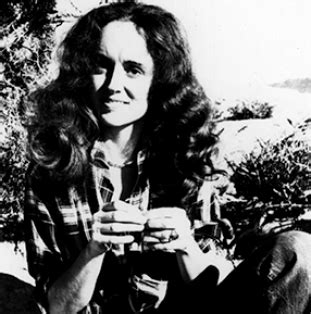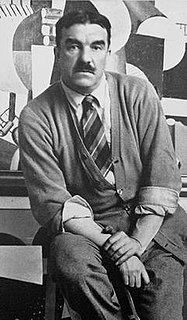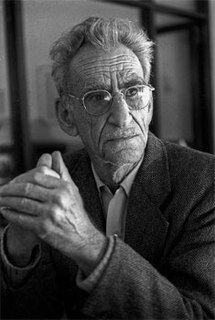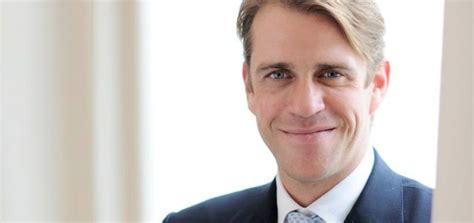A Quote by Sandra Alcosser
Poetry calls into question what it means to be human
Related Quotes
I'm a poetry-skipper myself. I don't like to boast, but I have probably skipped more poetry than any other person of my age and weight in this country - make it any other two persons. This doesn't mean that I hate poetry. I don't feel that strongly about it. It only means that those who wish to communicate with me by means of the written word must do so in prose.
To become fully human means learning to turn my gratitude for being alive into some concrete common good. It means growing gentler toward human weakness. It means practicing forgiveness of my and everyone else's hourly failures to live up to divine standards. It means learning to forget myself on a regular basis in order to attend to the other selves in my vicinity. It means living so that "I'm only human" does not become an excuse for anything. It means receiving the human condition as blessing and not curse, in all its achingly frail and redemptive reality.
What is remarkable about the Greeks - even pre-philosophically - is that despite the salience of religious rituals in their lives, when it came to the question of what it is that makes an individual human life worth living they didn't look to the immortals but rather approached the question in mortal terms. Their approaching the question of human mattering in human terms is the singularity that creates the conditions for philosophy in ancient Greece, most especially as these conditions were realized in the city-state of Athens.
The question now becomes about defining your terms. What is literature? Unless we allow it to encompass the oral tradition from which it grew, which means taking it back to Homer and beyond, it demands the written word - poetry and prose. [Bob] Dylan is no slouch at the written word, both in its own right, and transcribed from his lyrics, which have often been acclaimed as poetry and may well stand up as such. But that is not his métier.






































